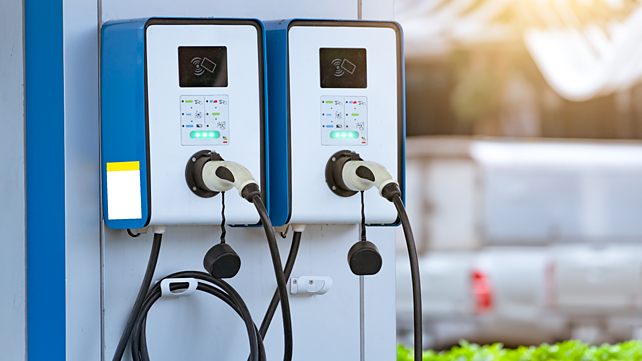
Rising import bills on crude oil, persisting pollution scenarios, and growing social conscience about the environment makes a compelling case for electric vehicles (EVs) in India. The country is already on a path to become a massive manufacturing hub for EVs, with supportive policies and subsidies catalysing this transition.
Whether it is India’s potential for being the largest automobile market over the next decade, or Tesla setting up its base in the country – all these are green flags indicating the country’s capability to become a global EV hub.
A multitude of factors is accelerating this shift. Consumers have realised the benefits of EVs, aside from zero emissions, which include lower operating costs, and TCOs. As battery costs continue to decline, affording two-wheeler EVs is going to be the same as ICEs, and consumer interest will shift in the favour of electrification.
Promising growth in future
The pandemic has functioned as a double-edged sword, where on one hand it hit the EV supplier and component manufacturing and on the other hand frontline EVs for environment conservation. Consumers have realised the benefits of EVs, and the right policy support in the future will put the demand trend in overdrive. The ambitious smart city projects will also bring a huge impetus to the demand and purchase of electric vehicles, in the next few years.
Growing policy support:
The central and various state governments remain committed to drive EV adoption and support start-ups in this space. The state EV policies and the battery-vehicle registration policy have been critical steps that will drive growth for EVs.
Further, policies like FAME II and the recently announced scrappage policy, along with thrust on setting up charging infra, will be incremental on emission control and sustainable mobility. The government’s drive towards higher localisation and Atmanirbharta, is putting EVs at the forefront and will pave the way for brighter days.

Ecommerce and last mile driving growth:
Electric vehicles are emerging as a preferred choice in the last mile delivery. In the case of last mile logistics and doorstep deliveries, EVs continue to play an important role, more so since the pandemic. There is a growing market in sectors like two-wheelers, cargo and intra-city passenger segments. These are exciting times for electric vehicle companies in India.
The growth of an EV start-up ecosystem:
Several EV start-ups have launched products in the last mile delivery ecosystem, where they are creating end-to-end services that include manufacturing vehicles, setting up charging infra, and maintenance support. Coupled with the right policy support, start-ups will usher India into their next phase of EV manufacturing and innovation.
In conclusion
Market research by Avendus Capital reports that the EV market in India is likely to be an INR 50,000 crore opportunity by 2025, with commercial and two-wheeler segments leading the way. India is already at the cusp of an electric revolution and we have the potential to become a global hub for electric vehicles.
India is the fourth largest automobile market in the world. The country is already accelerating a shift towards local manufacturing, and building a strong indigenous EV value chain. Increasing investments and regulatory support will be noteworthy to transform India into a manufacturing EV hub in this decade.
About the Author: Jeetender Sharma is Founder & Managing Director, Okinawa Autotech